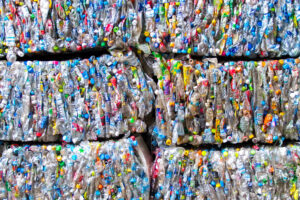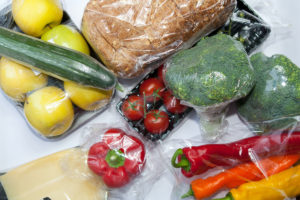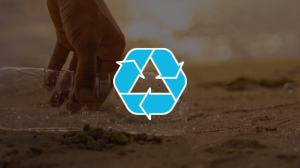Op-ed: We can’t recycle our way out of the plastics crisis
Almost every product and material we refer to as “plastic” is made from fossil fuels. Most of it hasn’t been around for long – a little over 70 years for the most common products. North American grocery stores didn’t start offering plastic bags until the late 1970s.
Over that short time, plastics have become ubiquitous. A Center for International Environmental Law report says global plastic production exploded 200-fold between 1950 and 2015 – from two million to 380 million tonnes. Plastic is everywhere, from the ocean depths to mountaintops, from Antarctica to the Arctic – even in our own bodies.
As the report points out, almost every piece of plastic begins as a fossil fuel. This creates greenhouse gas emissions throughout its life cycle, from extraction and transport to refining and manufacturing to managing waste and impacts. The report projects these emissions could reach 1.34 gigatons per year by 2030 – “equivalent to the emissions released by more than 295 new 500-megawatt coal-fired power plants.”
There are good reasons for plastic’s popularity. It’s lightweight, durable, inexpensive, easily shaped and can be used to safely store many materials, from water to chemicals. That it’s long-lasting is part of the problem.
Plastics don’t decompose like organic substances. Instead, they break down into smaller and smaller pieces, much of which ends up in oceans, where it is consumed by marine life and birds. These “microplastics” work their way through the food web and eventually to humans.
There’s still much to learn about microplastic’s health effects, but exposure in animals has been linked to liver and cell damage, infertility, inflammation, cancer and starvation. The 50,000 plastic particles that each of us breathes and eats every year and the microplastic pollution falling on some cities undoubtedly have an impact, especially as many of the chemicals in plastics are known to cause a range of health problems.



